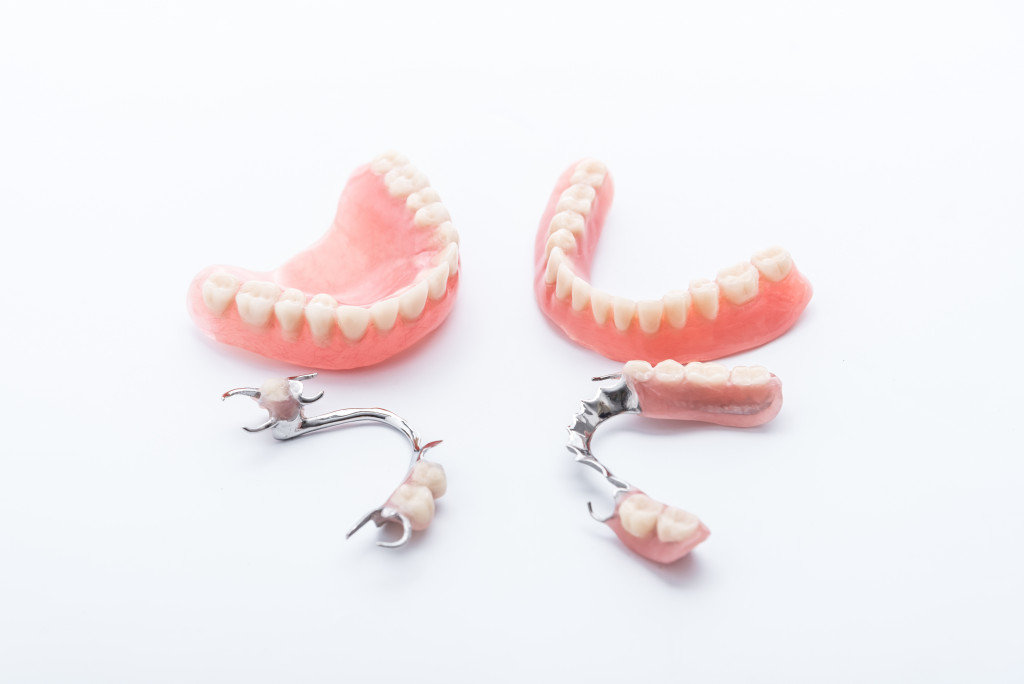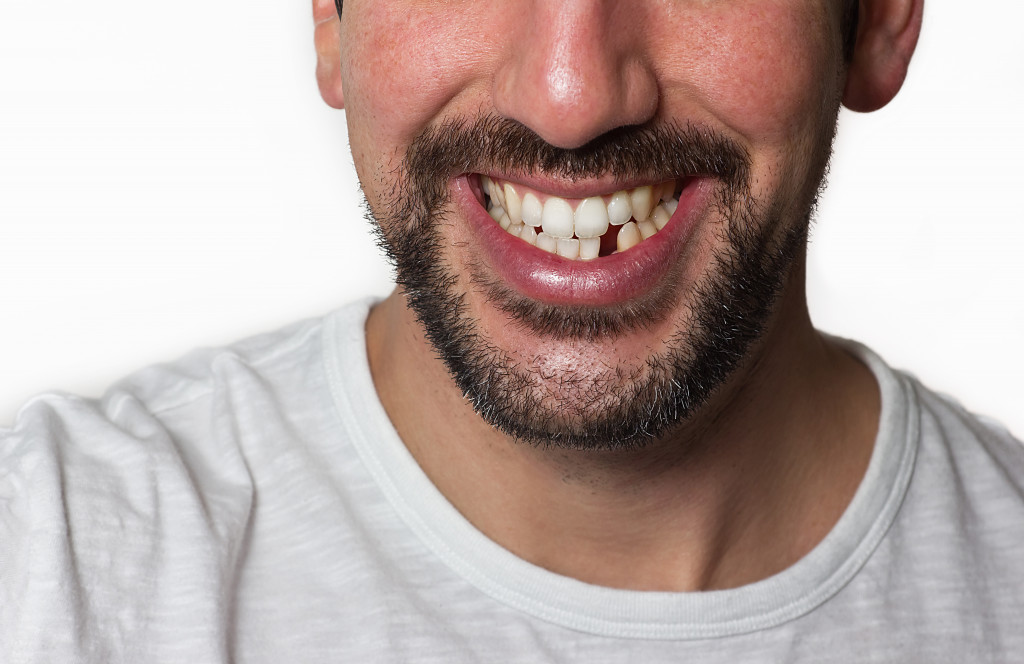Tooth loss is a common problem, especially as you get older. Because teeth are constantly under stress from chewing, grinding, and acid attack, it’s not surprising that they sometimes give out. If you lose a tooth as an adult, don’t despair. You can take various steps to remedy the problem and protect your remaining teeth.
Here are some things you can do if you lose a tooth as an adult.
1. See your dentist right away.
If you have a gap in your teeth, you must see your dentist as soon as possible. They can determine the cause of the tooth loss and recommend the best treatment. Because tooth loss can sometimes be a sign of a more serious underlying condition, it’s essential to get checked out by a professional.
When consulting with your dentist, mention any other symptoms you may be experiencing, such as pain, sensitivity, or difficulty chewing. These can help your dentist identify the cause of the tooth loss and develop a treatment plan. It would be best to let your dentist know about any medical conditions you have and any medications you’re taking, as these can affect treatment.
Your dentist will likely take X-rays to check for tooth decay or other problems. They may also examine your teeth and gums for signs of infection or other problems. These tests can help your dentist determine the best way to treat tooth loss.
2. Consider your options for replacing the tooth.
Once your dentist has determined the cause of the tooth loss, they will likely recommend a treatment plan. If they can’t save the tooth, your dentist will probably suggest replacing it. There are several options for tooth replacement, including a dental implant procedure, bridges, and partial dentures.

Your dentist will discuss each option’s pros and cons and help you choose the best one for your situation. For one, you’ll need to consider the cost of the procedure. Implants are usually the most expensive option, while bridges and partial dentures are typically more affordable.
You’ll also need to think about the timeline for the procedure. Implants typically take longer to heal, while bridges and dentures can usually be placed immediately. These are just a few factors you’ll need to consider when choosing a tooth replacement option.
3. Take steps to protect your remaining teeth.
Once you’ve lost a tooth, it’s essential to take steps to protect your remaining teeth. If the tooth loss were due to an underlying condition, such as gum disease, you’d need to take steps to treat the condition and prevent it from progressing. Gum disease is a severe condition that can lead to more tooth loss, so taking steps to control it is essential.
It would be best to practice good oral hygiene habits, such as brushing twice a day, flossing daily, and using mouthwash. These habits will help remove plaque and bacteria from your teeth and gums, reduce your risk of cavities and gum disease, and keep your mouth healthy.
Your dentist may also recommend wearing a mouth guard at night if you grind your teeth. This can help protect your teeth from the wear and tear of grinding. Because tooth loss can be a severe problem, it’s essential to take steps to protect your remaining teeth. You should see your dentist regularly for checkups and cleanings so that they can identify any problems early on.
4. Be prepared for the future.
Tooth loss is a common problem, especially as you get older. Because of this, it’s essential to be prepared for losing more teeth in the future. If you have a gap in your teeth, you may want to consider getting implants or a bridge to replace the tooth. This way, if you do lose another tooth, you’ll already have a replacement ready.
You may also want to consider getting dental insurance. This can help cover the cost of tooth replacement and other dental procedures. Some people also choose to set aside money in a “dental fund” to help pay for future dental expenses. A good rule of thumb is to set aside $1,000 for each tooth you want to replace.
By taking these steps, you can be prepared for the possibility of losing a tooth as an adult. Losing a tooth can be a severe problem, but it doesn’t have to be permanent. There are several options for tooth replacement, and your dentist can help you choose the best one for your situation. Be sure to practice good oral hygiene habits and see your dentist regularly to help reduce your risk of tooth loss.

